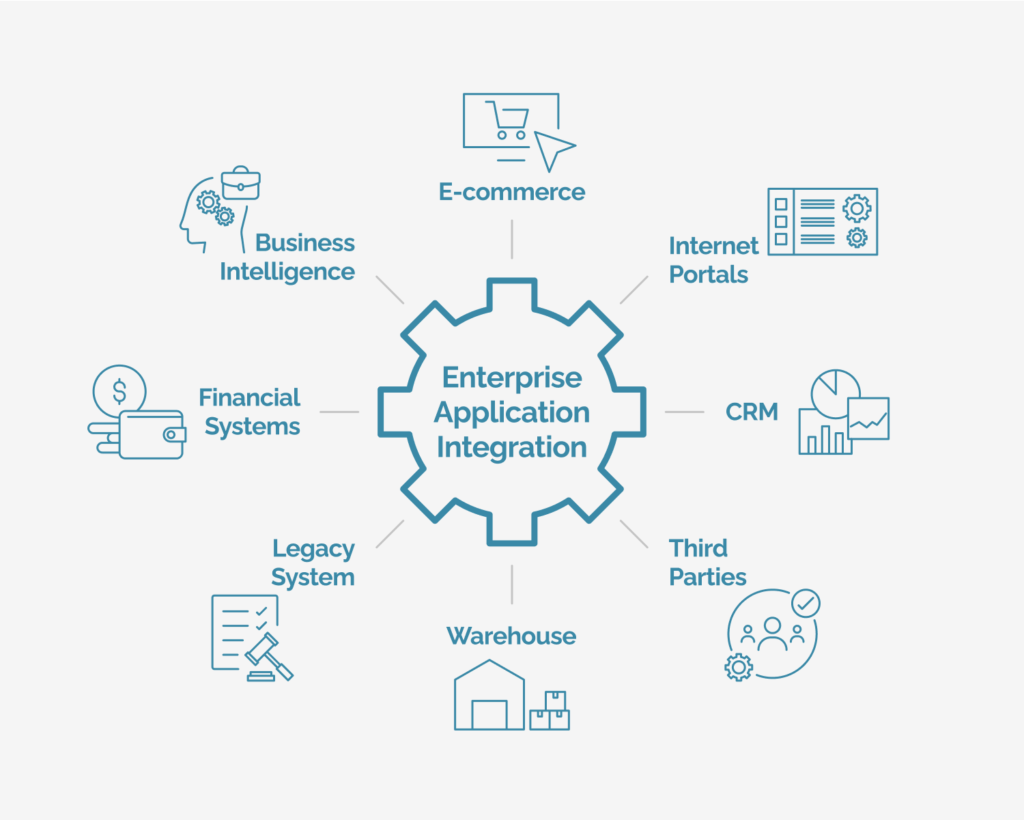Oriade is a data orchestration and integration platform designed to automate, monitor, and secure enterprise application exchanges.
Built on a distributed Java architecture (J2EE, JMS, Web Services), it orchestrates data flows and business processes in real time, coordinating complex operations while ensuring traceability, consistency, and reliability across the information system.
At its core, Oriade acts as a process orchestrator, managing the scheduling, routing, and automation of inter-application data exchanges.
It centralizes control and supervision, enabling enterprises to streamline operations and improve data governance across heterogeneous systems.
Beyond orchestration, Oriade embeds a full-featured ETL engine (Extract, Transform, Load) that enables data collection, normalization, conversion, and transformation before distribution.
It supports advanced processing such as compression, encryption, validation, and format translation (XML, CSV, SQL, JSON, etc.), ensuring seamless interoperability between business applications.
In addition, Oriade provides a robust EAI (Enterprise Application Integration) framework, enabling non-intrusive connectivity between legacy systems, databases, ERP platforms, and partner environments.
This integration layer ensures coherence, security, and transparency across distributed infrastructures.
By combining orchestration, ETL, and EAI within a unified architecture, Oriade delivers an end-to-end solution for managing, transforming, and supervising data flows across the enterprise.
It empowers organizations to achieve operational reliability, process automation, and digital agility in a continuously evolving IT landscape.
🟢 In summary: Oriade is a unified orchestration, integration, and data transformation platform, merging the strengths of an ETL, an EAI, and a distributed process orchestrator.


